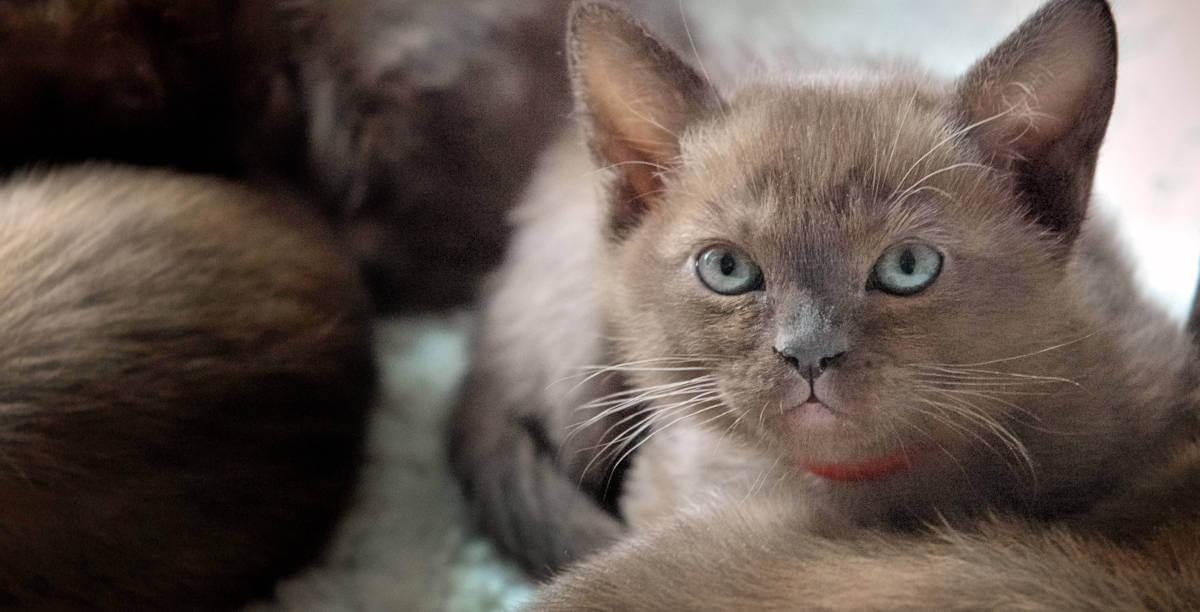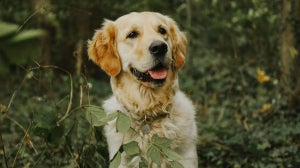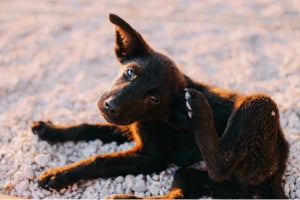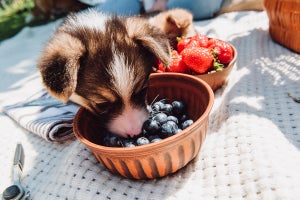
To fuel their endless activity and rapid growth, kittens need to eat a lot more than adult cats. Kittens have specific dietary requirements which can’t be met simply by feeding more adult food.
Important growth stages
Knowing how much you should feed your kitten depends on their breed, age and individual characteristics. For this reason, you should always consult your vet when raising a kitten. However, there are key development stages that every kitty goes through as they transition to an adult cat. Most pet owners will adopt their feline companion at between 8 and 12 weeks old. For those that raise a litter from their own cat, it is important to allow the mother to feed her young until weaning them at around 6 weeks. If the mother is not around from birth to 6 weeks, you will need to bottle feed them around 8 times a day using powdered kitten milk replacement formula. After reaching 4 to 6 weeks old, your kitten will be ready to start eating some solid food, although their teeth will still be small and weak.
What should you feed your kitten?
Compared to adult cats, kittens need proportionately much more energy and a slightly higher protein level, so they need a specially formulated kitten food until they are one year old. Your kitten will need constant access to water even if they are eating wet food. Wet food is easier for kittens to eat while their teeth are still growing, but dry food helps them to strengthen their teeth and gums, so many owners choose to feed both wet and dry foods. Keep different types of food in separate bowls so your kitty can choose what they want to eat. If they eat something they don’t like in a bowl with something they do, they may stop eating both foods altogether. Make sure that you consider that you are feeding both types of food when looking at the feeding guides. If you want to give your kitten treats, you should take this into account when feeding their meals and the quantities should be reduced accordingly.
What to avoid
While meat and fish can make for a nice treat, you must make sure it is fresh. Raw meat may contain harmful bacteria which could cause diarrhoea. In rare cases, raw fish has been associated with seizures. Raw egg whites can cause vitamin B deficiency, leading to skin and hair problems. There are numerous other foods which can be toxic to kittens to a greater or lesser extent: onions; garlic; chocolate; avocado; grapes; nuts; raisins and sultanas. Alcohol, coffee and tea can also be dangerous, so make sure your kitten isn’t lapping at your drinks when you’re not looking. This is a pretty long list; the safest thing is only to give your pets food which has been manufactured specifically for them. At James Wellbeloved, we offer handy guides for how to manage your kitten’s dietary requirements until they become an adult.









